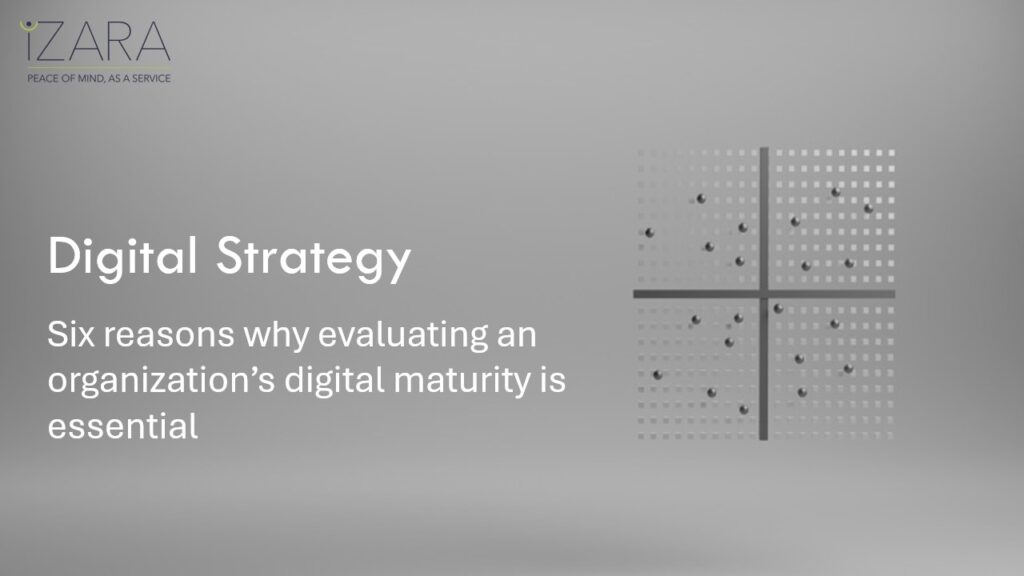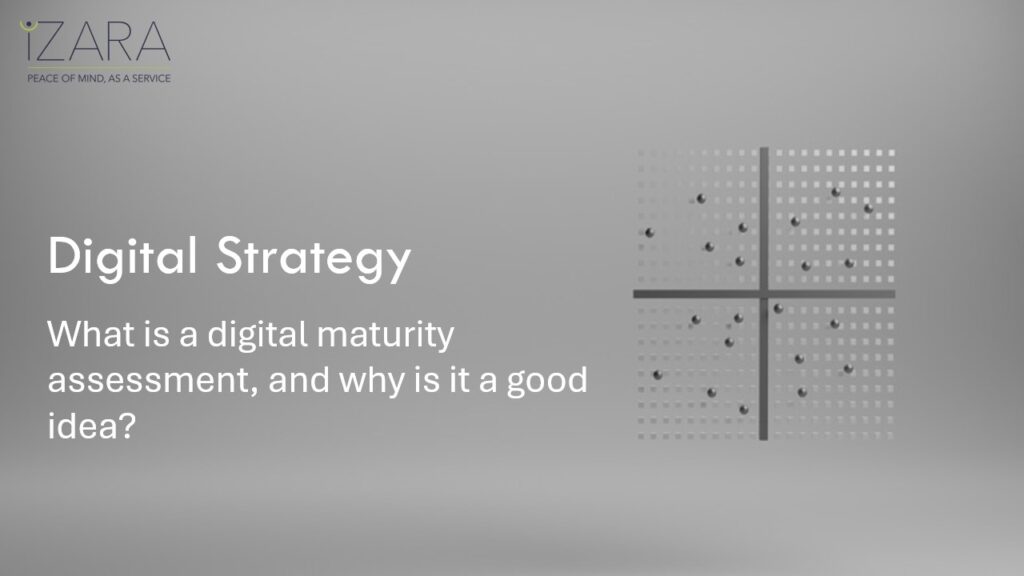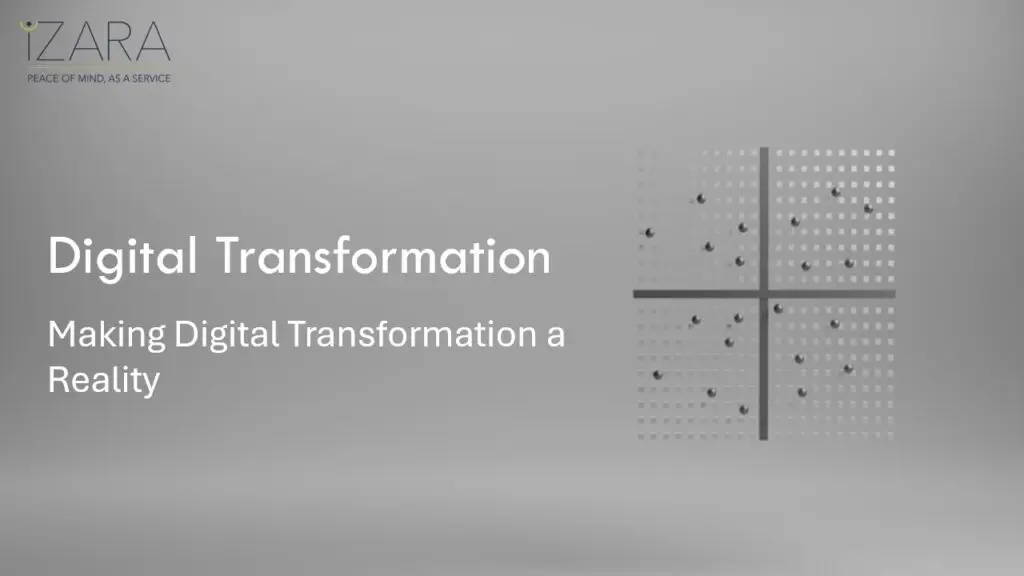1. A vision for a digital future requires transformation
Achieving a digital future often means a company must fundamentally change its operations.
2. Alignment with digital environments is crucial
Businesses must urgently align their talent, organizational structures, and culture with the rapidly evolving digital environments to stay competitive and relevant.
3. It’s not just about technology
Digital transformation is not just about technology. It requires a comprehensive focus on non-technical, operational, and organizational changes to prepare for a digital future.
4. Technology alone isn’t enough
While many companies understand technology, they often struggle to fully leverage its potential due to challenges in talent, culture, and organizational structure.
5. Digital maturity reflects consistency
Digital maturity measures how systematically and consistently organizations prepare to handle ongoing digital opportunities, such as AI.
6. The ability to think through a digital lens
At its core, digital maturity is about viewing the company through a “digital lens” to identify where technology can radically transform value creation.





